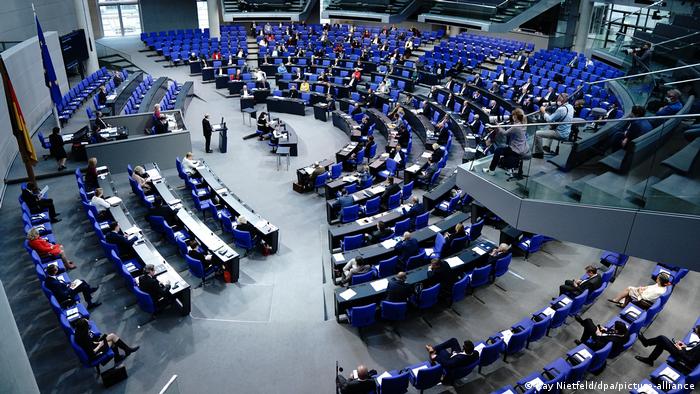What remains of the debt brake after the corona crisis?
The debt brake adopted in 2009 for the state finances of the Federal Republic of Germany meant the end of a policy that today wanted to solve problems at the expense of the next generation.
The pandemic has put more than obstacles in the way of this new way of thinking. The new borrowing of money had been considered necessary across all parties and at the same time brought new discussions about the relaxation of the agreed rules.
What this means in concrete terms for politics in the coming years is examined in more detail in the following article.
Unknown factors have also influenced the planning of finances
Planning a budget for the Federal Republic of Germany again leads to some haggling between the individual ministries every year. In principle, however, it is clear to the people involved which expenses will be found in the budget.
Planning a household in the aftermath of Covid-19 is proving to be significantly more difficult. Is the economy picking up speed again?
What additional healthcare costs do patients with Longcovid have? Having to reckon with lower income on the one hand, but higher expenditure on the other, leads to a dilemma which, from a political point of view, leaves little chance of emerging as a winner.
In addition, there are goals for environmental protection that cannot be achieved without high investments. There is therefore an urgent need to act on every corner, while resources are severely limited.
The debt problem extends beyond Germany’s borders
As part of the European Union, the FRG is also one of the donors of aid funds to support structurally weak regions. As a rule, guarantees are also taken over in addition to the contributions to the EU.
Germany is therefore indirectly responsible for an economic upswing as quickly as possible in the other EU countries. Thinking only about its own economy is therefore too short-sighted for the new government, which has to face government responsibility.
Striving for solutions at national and international level also gives the EU a new chance to prove that this economic community is far more than just a bureaucratic monster.
Especially after the defiant Brexit on both sides, the next few years will give the EU the opportunity to rethink how it deals with debt and finances in the face of financial and health crises.
The young generation threatens to break apart under the heavy burden
The political decision-makers in the next few years will not be the only ones who will feel the effects of the pandemic first hand. Current and future taxpayers can also look forward to a difficult inheritance.
Even today, the social construct that is based on solidarity between the generations can hardly be sustained. How high is purchasing power when young people find it increasingly difficult to get permanent jobs?
At the same time, the prospects for single parents and families can still be expanded, so that the view of children as a luxury continues to grow. Looking at public finances only from one possible perspective is no longer appropriate these days.
Only by introducing several perspectives can an overall understanding of the motivation for new debts, Germany’s international obligations and the effects on the people of the country arise.
The following years will therefore definitely be one of the most formative chapters for the Federal Republic of Germany.


